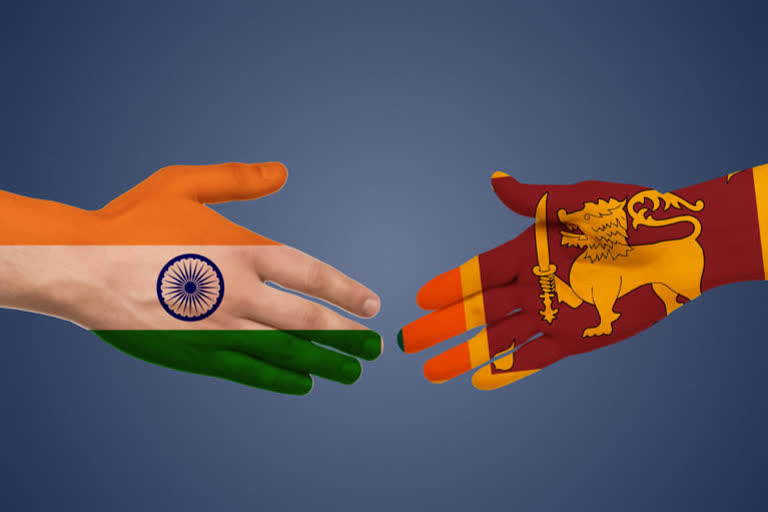New Delhi: By becoming the first leader to congratulate the newly elected Sri Lankan President Gotabaya Rajapaksa, Prime Minister Narendra Modi has sent a clear signal that his administration is not willing to leave any loose ends in the geopolitical slugfest with Beijing.
Despite its unpleasant history with the former president of Ceylon and elder brother of Gotabaya, Mahinda Rajapaksa, both leaders have hinted towards strengthening the relationship.
The duo also agreed to work together on development and security.
A move, different from Mahinda's administration with whom things soared due to its economic and security proximity with China.
Read also: Lanka Polls: Rewriting India's South Asia policy
Observer Research Foundation's Director, Professor Harsh Pant hoped that the new administration in Colombo will have a new approach towards New Delhi as it can't be wished away from geo-political calculus of Sri Lanka.
"In the past, there had been tensions between the Rajapaksas and India. But in the recent past, we have seen a greater degree of back and forth between both sides. India recently hosted the Rajapaksas," ORF Director said.
In 2014, things between New Delhi and the island nation reached low when Mahinda's administration had allowed Chinese submarines to dock in Sri Lanka without informing India. Not only this, Ceylon borrowed heavily from Beijing for infrastructure projects.
Under former president Sirisena's tenure, New Delhi had an influence on the island nation, as it was able to fetch several port and airport projects. But according to Professor Pant, Chinese imprints in the South Asian nation are too big and despite Sirisena's attempt, they weren't able to contain it.
Read also: Lanka may face a snap parliamentary poll after Rajapaksa win



